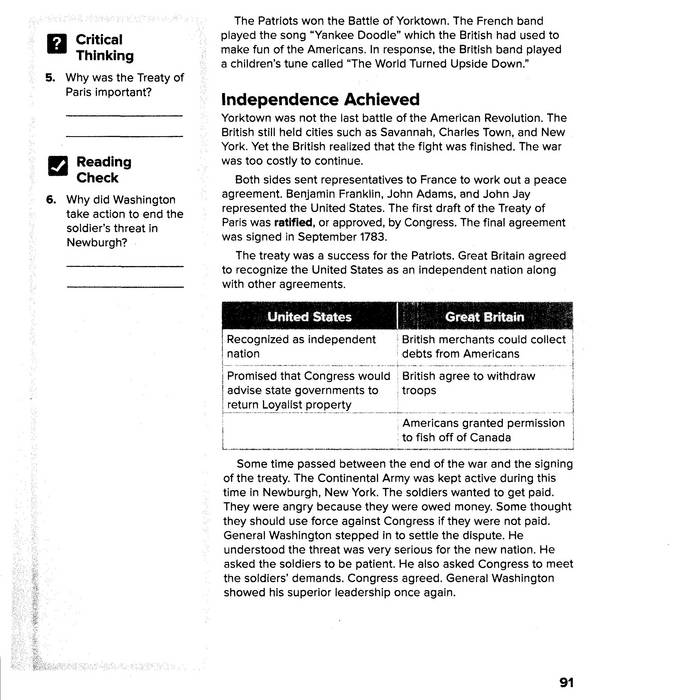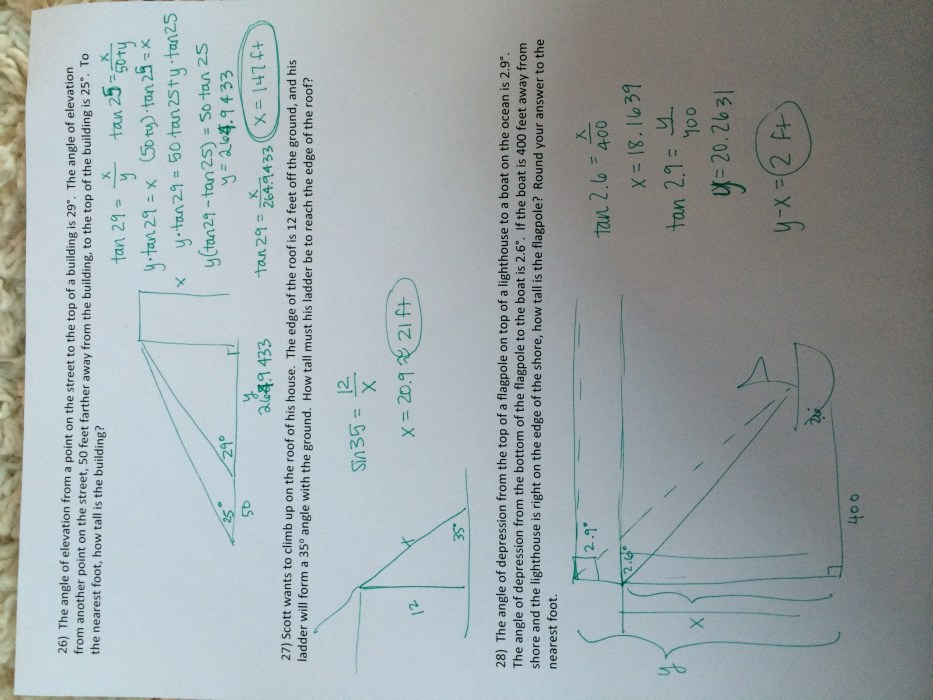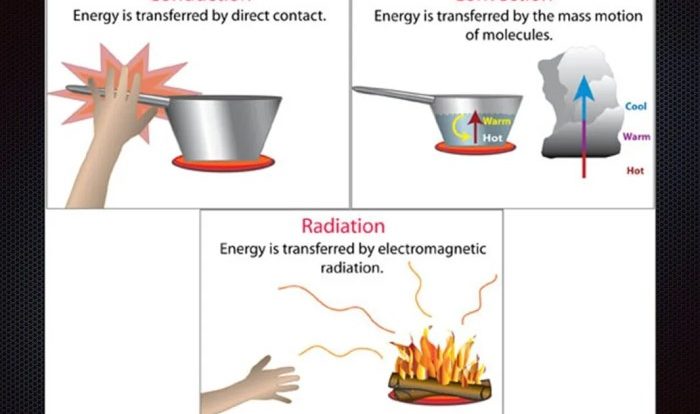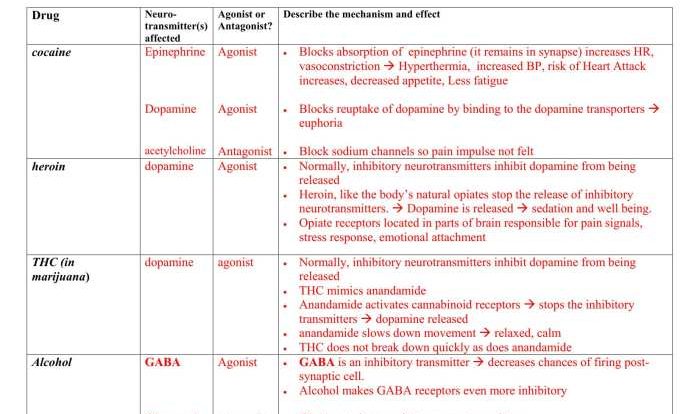Evaluate homework and practice workbook answers – Evaluating homework and practice workbook answers is an integral aspect of the teaching and learning process, enabling educators to assess student understanding, provide targeted feedback, and improve instructional practices. This comprehensive guide explores the significance, methods, and best practices for evaluating homework and practice workbook answers, empowering educators with the knowledge and strategies to effectively support student growth and achievement.
Evaluate Homework and Practice Workbook Answers

Evaluating homework and practice workbook answers is a crucial component of the teaching-learning process. It provides educators with valuable insights into students’ understanding of the material, areas where they excel, and areas where they need additional support.
There are several methods for evaluating homework and practice workbook answers, each with its own advantages and disadvantages. These methods include:
- Manual grading:This involves the teacher manually reviewing and grading each student’s work, providing detailed feedback and corrections.
- Peer grading:Students grade each other’s work, fostering collaboration and self-assessment skills.
- Self-assessment:Students evaluate their own work, reflecting on their understanding and identifying areas for improvement.
- Automated grading:Technology tools can be used to grade homework and practice workbook answers, providing quick and efficient feedback.
Feedback on Homework and Practice Workbook Answers
Providing effective feedback on homework and practice workbook answers is essential for student growth. Feedback should be:
- Specific:Identify specific areas where the student excelled or needs improvement.
- Constructive:Offer suggestions for improvement and support student understanding.
- Timely:Provide feedback promptly so that students can benefit from it.
- Positive:Focus on the student’s strengths and provide encouragement.
Grading Homework and Practice Workbook Answers
Grading homework and practice workbook answers helps to assess student progress and provide a basis for feedback. When developing grading rubrics, it is important to consider:
- Accuracy:The extent to which the student’s answers are correct.
- Completeness:Whether the student has completed all required tasks.
- Presentation:The neatness and organization of the student’s work.
- Effort:The amount of time and effort the student has put into their work.
Grading should be used to inform instruction and provide students with clear expectations for improvement.
Using Technology to Evaluate Homework and Practice Workbook Answers
Technology can be a valuable tool for evaluating homework and practice workbook answers. Automated grading tools can save time and provide consistent feedback. However, it is important to consider the following:
- Accuracy:Ensure that the automated grading tool is accurate and reliable.
- Feedback:Automated grading tools may not provide detailed feedback, so consider supplementing with manual feedback.
- Student engagement:Technology should not replace human interaction and feedback.
Best Practices for Evaluating Homework and Practice Workbook Answers, Evaluate homework and practice workbook answers
Effective evaluation of homework and practice workbook answers requires adherence to best practices. These include:
- Establish clear expectations:Communicate the evaluation criteria to students at the beginning of the assignment.
- Provide timely and specific feedback:Give students constructive criticism and support to help them improve.
- Use a variety of evaluation methods:Combine manual grading, peer grading, self-assessment, and technology to provide a comprehensive evaluation.
- Encourage student reflection:Ask students to reflect on their work and identify areas for improvement.
Frequently Asked Questions: Evaluate Homework And Practice Workbook Answers
What is the primary purpose of evaluating homework and practice workbook answers?
Evaluating homework and practice workbook answers allows educators to assess student understanding of the material, identify areas for improvement, and provide tailored feedback to enhance learning.
What are some effective methods for evaluating homework and practice workbook answers?
Effective evaluation methods include providing written feedback, using grading rubrics, conducting peer reviews, and utilizing technology for automated assessment.
How can technology be leveraged to evaluate homework and practice workbook answers?
Technology offers various tools for evaluating homework and practice workbook answers, such as online grading platforms, automated feedback systems, and plagiarism detection software.



